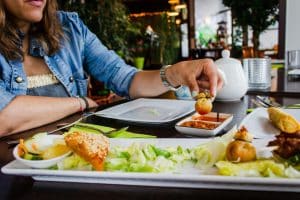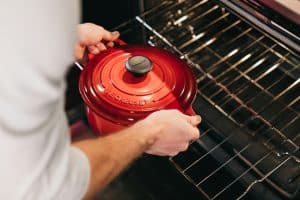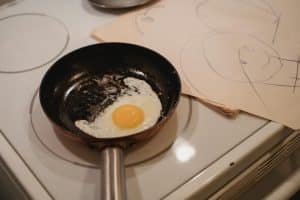Cooking Competition Training: Preparing for High-Stakes Culinary Challenges
Welcome to the world of culinary competitions, where talented chefs showcase their skills and creativity while facing high-stakes challenges. From cooking reality shows to prestigious competitions, the culinary industry has a variety of platforms for chefs to compete and push their boundaries. However, with great opportunities come great responsibilities, and preparing for these high-stakes culinary challenges requires more than just being a good cook. In this article, we will dive into the world of cooking competition training and how to prepare for these fierce competitions.
Understanding The World of Culinary Competitions
Before we delve into the preparation process, it is crucial to understand the world of culinary competitions and its diverse categories. From cooking-based competitions like “MasterChef” to live cooking challenges in “Iron Chef,” there is a wide range of competitions to choose from.
Cooking Skills And Creativity
Competitions like “Top Chef” and “Hell’s Kitchen” focus on testing a chef’s cooking skills and creativity. In these competitions, chefs are given specific ingredients and a limited time to create a dish that highlights their technique and imagination. These competitions require chefs to be versatile, quick on their feet, and have a vast knowledge of ingredients and cooking methods.
Teamwork And Communication
Aside from individual competitions, there are also team-based challenges like “Chopped” and “The Great Food Truck Race.” In these competitions, chefs are required to work together to execute a dish or concept effectively. These competitions test a chef’s ability to communicate, delegate tasks, and work under pressure as a team.
Evaluation Criteria
Each competition has its own unique evaluation criteria, whether it’s taste, presentation, creativity, or teamwork. It is essential to understand the judging criteria beforehand to tailor your training accordingly. Additionally, being familiar with the judges’ preferences and style can also give you an advantage in the competition.
Preparing for High-Stakes Culinary Challenges
Now that we have a deeper understanding of the world of culinary competitions, it’s time to focus on the preparation process. Here are some tips on how to train for high-stakes culinary challenges:
Master The Basics
The foundation of great cooking is mastering the basics. Chefs must have a strong understanding of cooking techniques, knife skills, and flavors to be successful in any competition. Practice your knife skills, learn different cooking methods, and experiment with various flavor combinations to expand your repertoire.
Think On Your Feet
In any competition, chefs must expect the unexpected. Practice working with unfamiliar ingredients and time yourself to simulate the pressure of a competition. This will help you develop quick thinking skills and the ability to improvise on the spot.
Get Feedback From Other Chefs
One of the best ways to improve your skills is to get feedback from other chefs. Participate in local cooking competitions or ask for critiques from industry professionals. They can provide valuable insights on your cooking techniques, presentation, and flavor combinations.
Focus On Presentation
In culinary competitions, presentation is just as important as taste. Practice plating your dishes creatively and pay attention to details like garnishes, serving vessels, and color contrast. Presentation can make or break a dish, so make sure to fine-tune your skills in this area.
Work On Time Management
In a high-stakes culinary challenge, timing is crucial. Chefs are given a limited amount of time to cook and plate their dishes, which adds to the pressure and stress. Practice cooking under time constraints and create a timeline for each dish to improve your time management skills.
Stay Calm Under Pressure
Culinary competitions can be nerve-wracking, but it’s essential to stay calm and focused. Stress and anxiety can affect your cooking and lead to mistakes. Practice relaxation techniques, such as deep breathing and positive self-talk, to help manage nerves and remain calm during the competition.
In Conclusion
Preparing for high-stakes culinary challenges requires a combination of skill, creativity, and preparation. Understand the different types of competitions, master the basics, and focus on presentation and time management. Most importantly, stay calm under pressure and trust in your abilities. With the right training and mindset, you can conquer any culinary competition that comes your way. Good luck!










